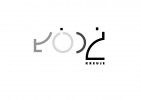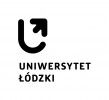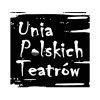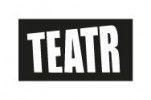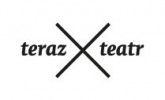Who are masters?
Are there masters? Who are they? This was the subject of the panel discussion that toook place on Sunday (23 March) during the XX International Festival Of Plays Pleasant and Unpleasant. The participants of the discussion were: Krystian Lupa – theatre director and playwright, Anna R. Burzyńska – academic teacher at Jagiellonian University, theatre critic of „Tygodnik Powszechny”, „Didaskalia” and „Teatr”, Paweł Sztarbowski – theatre critic and deputy director of Polish Theatre in Bydgoszcz and Aneta Kyzioł – journalist from cultural department in „Polityka”. The discussion was moderated by Jacek Żakowski, director of the Journalism Programme at Collegium Civitas in Warsaw.
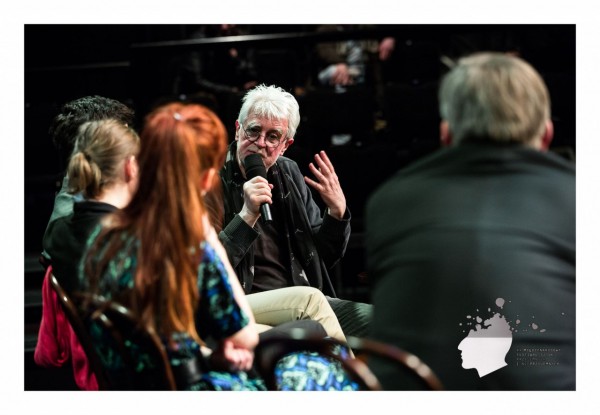
Do you have your own master? – this was the question Jacek Żakowski asked his guests at the beginning of the discussion. Anna Burzyńska answered that she had a few masters – professors, friends at the office, but also sportspersons and musicians. In her opinion a master is a person who proves everything is possible, everything can be done. – We must observe the masters and we must fill the master forms with our own content – she said. She quoted Nietsche who once wrote that the worst student is the one who is the faithful imitator.
Aneta Kyzioł mentioned her own masters – creators (Krystian Lupa among them) and critics. She noticed that the true master can overcome his own ideas. In her opinion the true master „questions his own mastery”. To contradict yourself means to become a novice while you are already a master. Aneta Kyzioł said that a master has a great responsibility because he is chosen by his student. The choice makes him feel obliged.
Paweł Sztarbowski wondered whether it is possible at all to say who is master or what his characteristics are. When we speak of masters we want to „try too big shoes”. Sztarbowski said he is far from calling masters the people he owe something to. This is also connected with giving a master an explicit characteristic because – according to Sztarbowski – nowadays „explicitness may be suspicious”.
Krystian Lupa said that masters are very important for the artists. An artist should have his own master because his artistic identity is forming through getting to know the best works. You cannot become an artist „out of life”. – All early fascinations come from other people’s works, we have to kneel down in front of the art – said Lupa. His masters – Pablo Picasso and Tadeusz Kantor as well as Karl Gustav Jung. According to Lupa the true master is in a way mad. When we talk about masters of art we do not undersdant it in the medieval meaning when a meister was a craftsman who taught his students. When you worship the atists it means you „love” him and this is a state that is hard to be defined.
Krystian Lupa also wondered how masters become masters. Is it an independent process? Or do masters become masters thanks to us? – I was always afraid of being confronted with the master because I was afraid I might devalue him in this way – he said. Fear of master’s embarrassment is bigger than fear of your own embarrassment. That is why Lupa always tried to find unattainable masters – masters who cannot be devalued or superseded. He also said that while we are getting older and more experienced our perspective of looking at masters changes. More often we see them as ordinary people who sometimes can talk rubbish. Lupa noticed the word „master” becomes out of date. It describes old relations and dependences that do not fit contemporary reality.
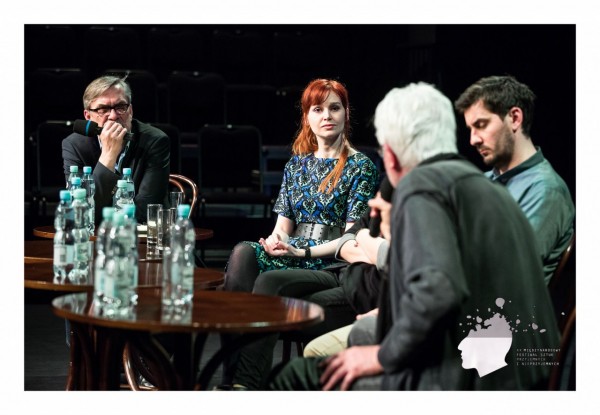
Is master a teacher? – this was another subject of the discussion. According to Aneta Kyzioł a master wants to share whis knowledge and experiences with others. He is also a teacher. Is it easy to be a master and a teacher? This was the question that Krystian Lupa was asked by Jacek Żakowski. – I have a problem with it. I do not say I am ready to teach anybody – sad the director. – I wander, I have many doubts. I feel rather like a leader, Columbus. A master speaks from a static point of view, he knows what he can do – said Lupa. He also talked about his fascination for his students. He noticed that a master-student relations is often double-sided. – Young generations have something I do not know. This is a genius of a new narrative we do not have. I try to learn from my students – he said.
Aneta Kyzioł and Paweł Sztarbowski noticed a great demand for creating masters in Poland. When Jerzy Grzegorzewski and Jerzy Jarocki died media called it the end of a certain era. Anna Burzyńska noticed a strong and popular search for theatre founding myth – for instance by women artists who are looking for Polish theatre mothers. Jacek Żakowski said that true masters exist somewhere aside main current and only time can verify who will find his place in history.
Thank you for your presence!


